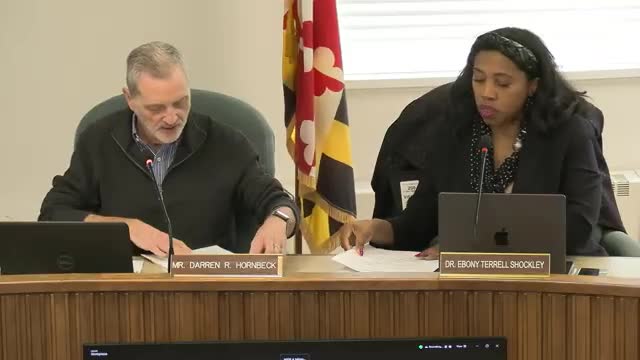Article not found
This article is no longer available. But don't worry—we've gathered other articles that discuss the same topic.
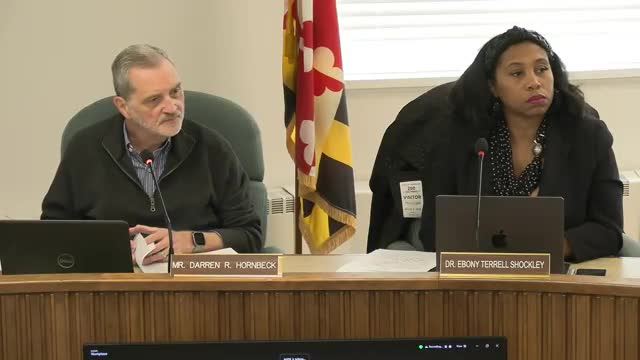
Board approves February meeting minutes
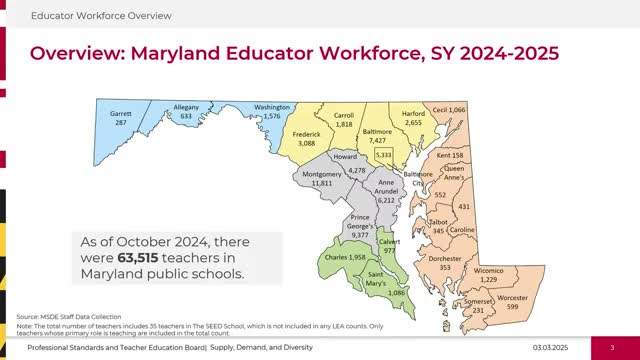
MSDE report: teacher vacancies, conditional licenses and National Board certification show improving trends but persistent gaps
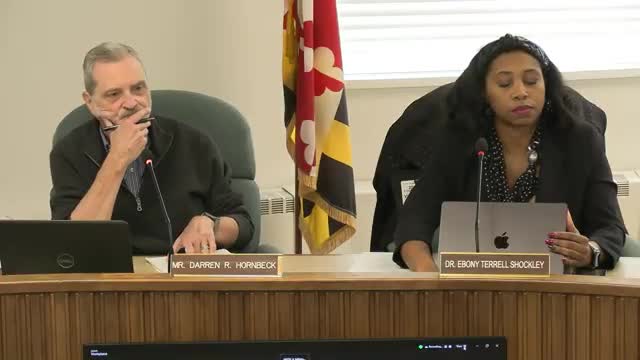
Board forms fast-turnaround subcommittee to design licensure pathways for federal workers and other career-changers
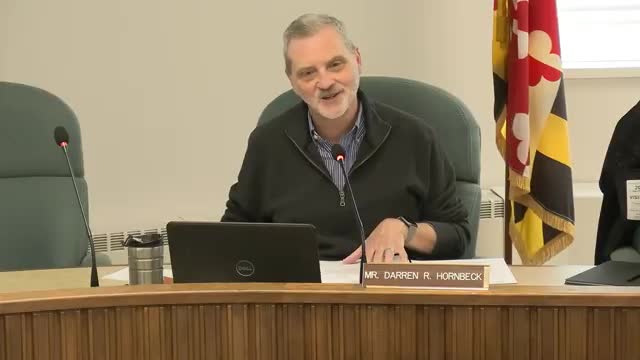
MSDE official briefs board on several teacher-related bills in Annapolis
